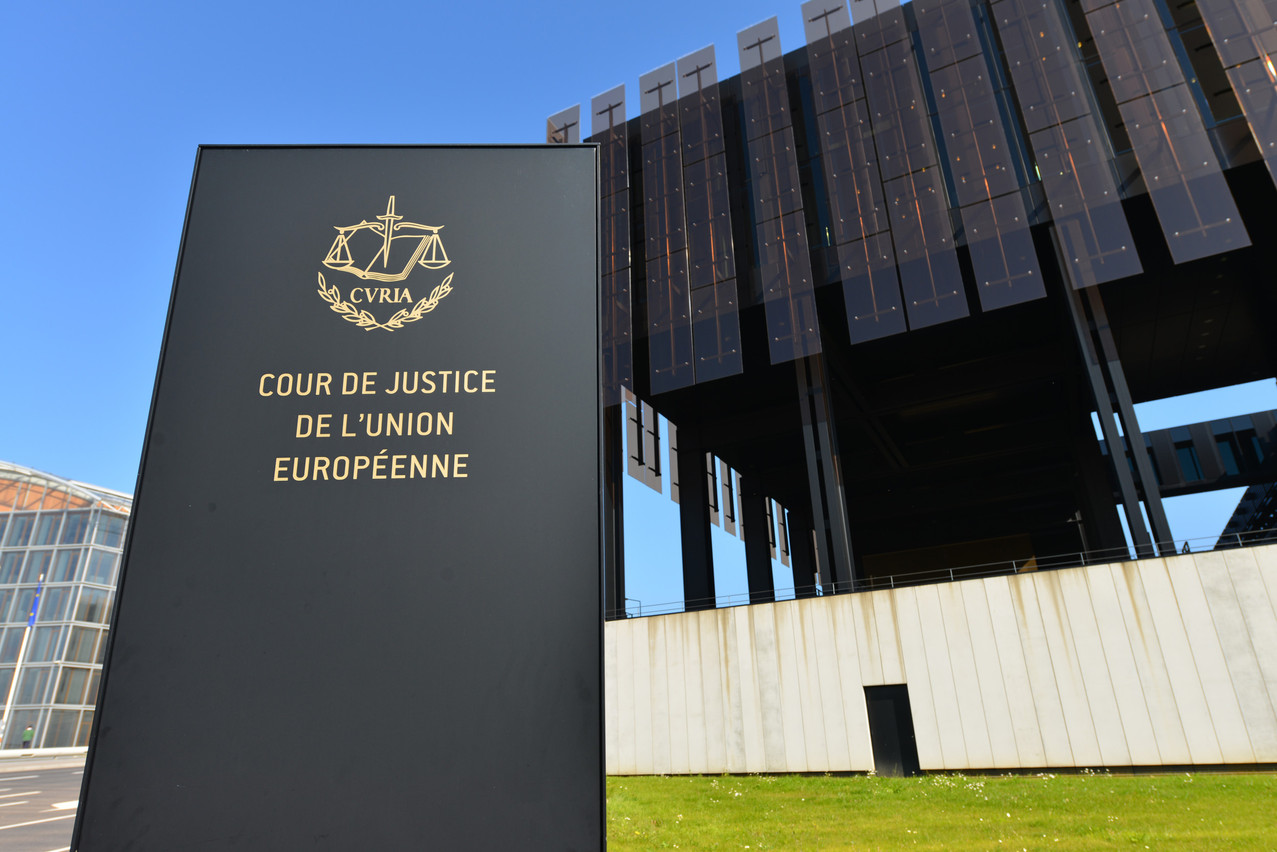Luxembourg and 13 other member states--Belgium, Estonia, Greece, Spain, Croatia, Italy, Cyprus, Latvia, Lithuania, Poland, Portugal, Romania, and Slovenia--received a formal notice from the European Commission on Friday 27 January as part of a package of infringement decisions taken in response to states’ failure to transpose the EU Directive on Administrative Cooperation (DAC7) aimed at combating tax evasion into national law.
Member states had until 31 December 2022 to incorporate the directive into their national legislation and notify the Commission following the directive’s amendment since March 2021.
“Under DAC7, digital platforms such as websites and mobile apps, which allow taxpayers to sell goods, offer online and offline personal services, or rent out immovable property or means of transport, have to report those taxpayers and their economic activities,” the European Commission explained in a press statement, adding that the new reporting obligation will help tax authorities in the member states “to prevent tax evasion or misreporting through the use of digital platforms.”
Delay in transposing consumer protection directive
Despite having two years to implement another consumer protection directive that has been in effect since December 2020, the grand duchy, along with 23 other member states--Belgium, Bulgaria, Czechia, Denmark, Germany, Estonia, Ireland, Greece, Spain, France, Croatia, Italy, Cyprus, Latvia, Luxembourg, Malta, Austria, Poland, Portugal, Romania, Slovenia, Slovakia, Finland, and Sweden--also missed the deadline of 25 December 2022 and will be receiving formal notices.
This second directive pertains to the that empowers qualified entities to launch representative actions on behalf of consumers and grants consumer authorities greater sanctioning powers.
The member states were singled out for either partially or completely failing to communicate national measures to transpose the DAC7, although the Commission noted “there is work ongoing in most Member States on adopting the laws.”
Member states have two months to respond to formal notices and complete the transposition of EU legislation to avoid receiving a follow-up “reasoned opinion,” a formal request to comply with EU law, before it potentially escalates to the Court of Justice of the European Union after another two-month delay.
Delano asked the Luxembourg finance ministry for comment.
